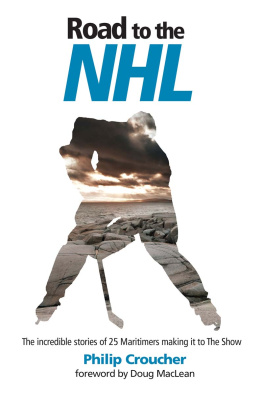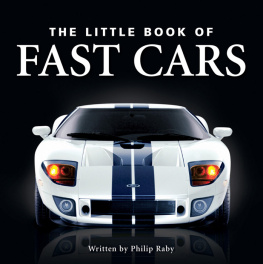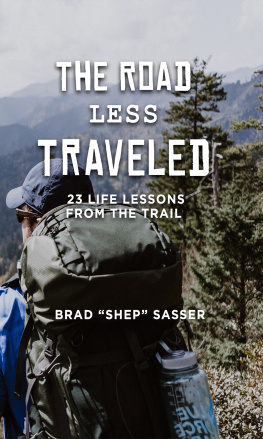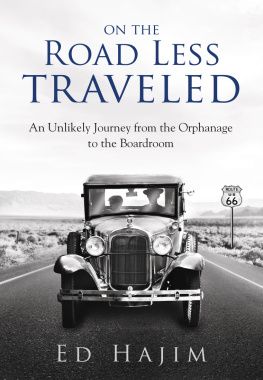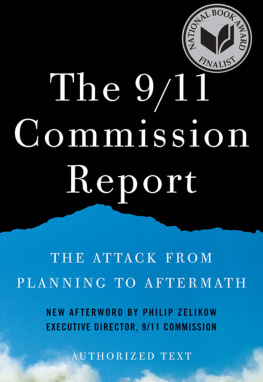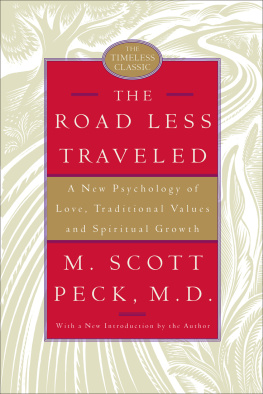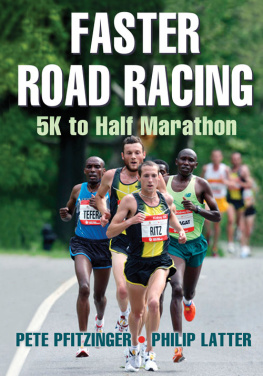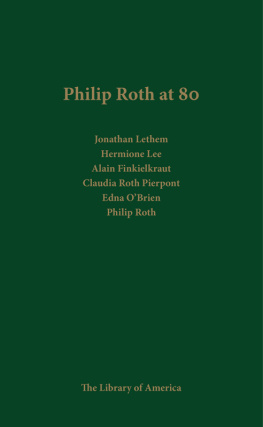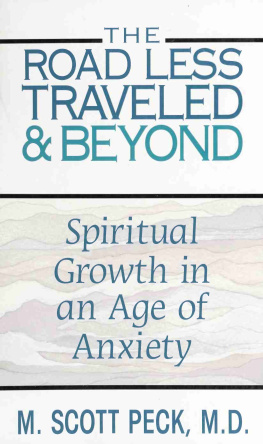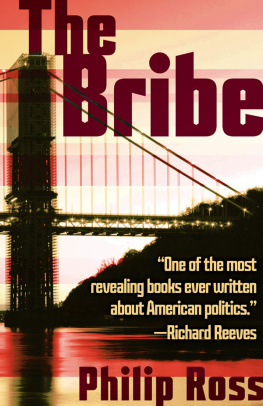Philip Zelikow - The Road Less Traveled
Here you can read online Philip Zelikow - The Road Less Traveled full text of the book (entire story) in english for free. Download pdf and epub, get meaning, cover and reviews about this ebook. year: 2021, publisher: PublicAffairs, genre: History. Description of the work, (preface) as well as reviews are available. Best literature library LitArk.com created for fans of good reading and offers a wide selection of genres:
Romance novel
Science fiction
Adventure
Detective
Science
History
Home and family
Prose
Art
Politics
Computer
Non-fiction
Religion
Business
Children
Humor
Choose a favorite category and find really read worthwhile books. Enjoy immersion in the world of imagination, feel the emotions of the characters or learn something new for yourself, make an fascinating discovery.

- Book:The Road Less Traveled
- Author:
- Publisher:PublicAffairs
- Genre:
- Year:2021
- Rating:4 / 5
- Favourites:Add to favourites
- Your mark:
- 80
- 1
- 2
- 3
- 4
- 5
The Road Less Traveled: summary, description and annotation
We offer to read an annotation, description, summary or preface (depends on what the author of the book "The Road Less Traveled" wrote himself). If you haven't found the necessary information about the book — write in the comments, we will try to find it.
The Road Less Traveled — read online for free the complete book (whole text) full work
Below is the text of the book, divided by pages. System saving the place of the last page read, allows you to conveniently read the book "The Road Less Traveled" online for free, without having to search again every time where you left off. Put a bookmark, and you can go to the page where you finished reading at any time.
Font size:
Interval:
Bookmark:
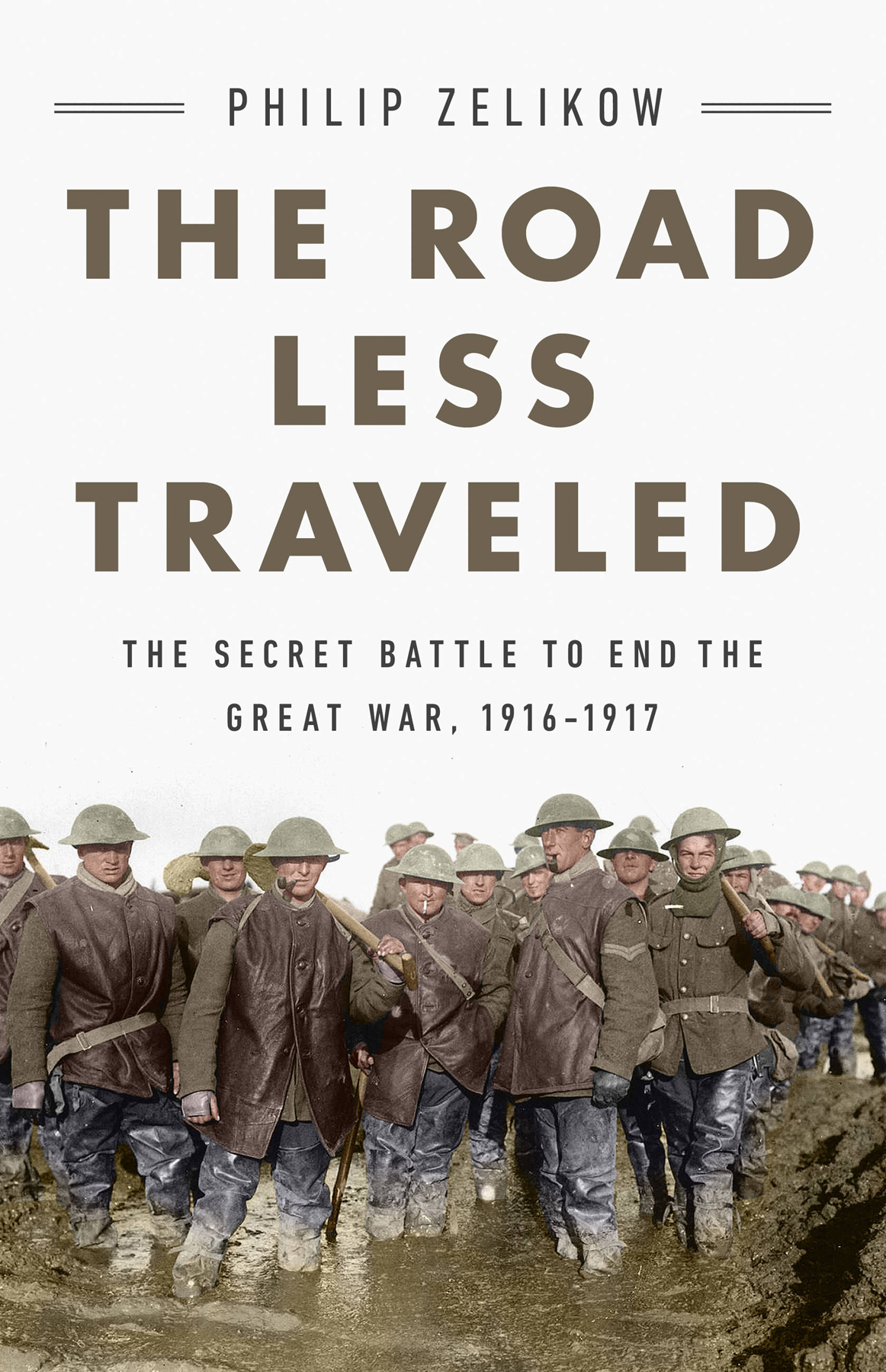
Copyright 2021 by Philip Zelikow
Cover design by Pete Garceau
Cover images Art Collection / Alamy Stock Photo
Cover copyright 2021 by Hachette Book Group, Inc.
Hachette Book Group supports the right to free expression and the value of copyright. The purpose of copyright is to encourage writers and artists to produce the creative works that enrich our culture.
The scanning, uploading, and distribution of this book without permission is a theft of the authors intellectual property. If you would like permission to use material from the book (other than for review purposes), please contact permissions@hbgusa.com. Thank you for your support of the authors rights.
PublicAffairs
Hachette Book Group
1290 Avenue of the Americas, New York, NY 10104
www.publicaffairsbooks.com
@Public_Affairs
First Edition: March 2021
Published by PublicAffairs, an imprint of Perseus Books, LLC, a subsidiary of Hachette Book Group, Inc. The PublicAffairs name and logo is a trademark of the Hachette Book Group.
The Hachette Speakers Bureau provides a wide range of authors for speaking events. To find out more, go to www.hachettespeakersbureau.com or call (866) 376-6591.
The publisher is not responsible for websites (or their content) that are not owned by the publisher.
Library of Congress Cataloging-in-Publication Data
Names: Zelikow, Philip, 1954author.
Title: The road less traveled: the secret battle to end the Great War, 19161917 / Philip Zelikow.
Other titles: Secret battle to end the Great War, 19161917
Description: First edition. | New York: PublicAffairs, 2021. | Includes bibliographical references and index. |
Identifiers: LCCN 2020044440 | ISBN 9781541750951 (hardcover) | ISBN 9781541750944 (ebook)
Subjects: LCSH: World War, 1939-1945Peace. | World War, 1914-1918Diplomatic history. | Peace-buildingHistory20th century. | Peace movementsEuropeHistory20th century. | GermanyForeign relations1888-1918. | FranceForeign relations1914-1940. | Great BritainForeign relations1901-1936. | United StatesForeign relations1913-1921.
Classification: LCC D613.Z45 2021 | DDC 940.3/12dc23
LC record available at https://lccn.loc.gov/2020044440
ISBNs: 978-1-5417-5095-1 (hardcover); 978-1-5417-5094-4 (e-book)
E3-20210213-JV-NF-ORI
FOR PAIGE
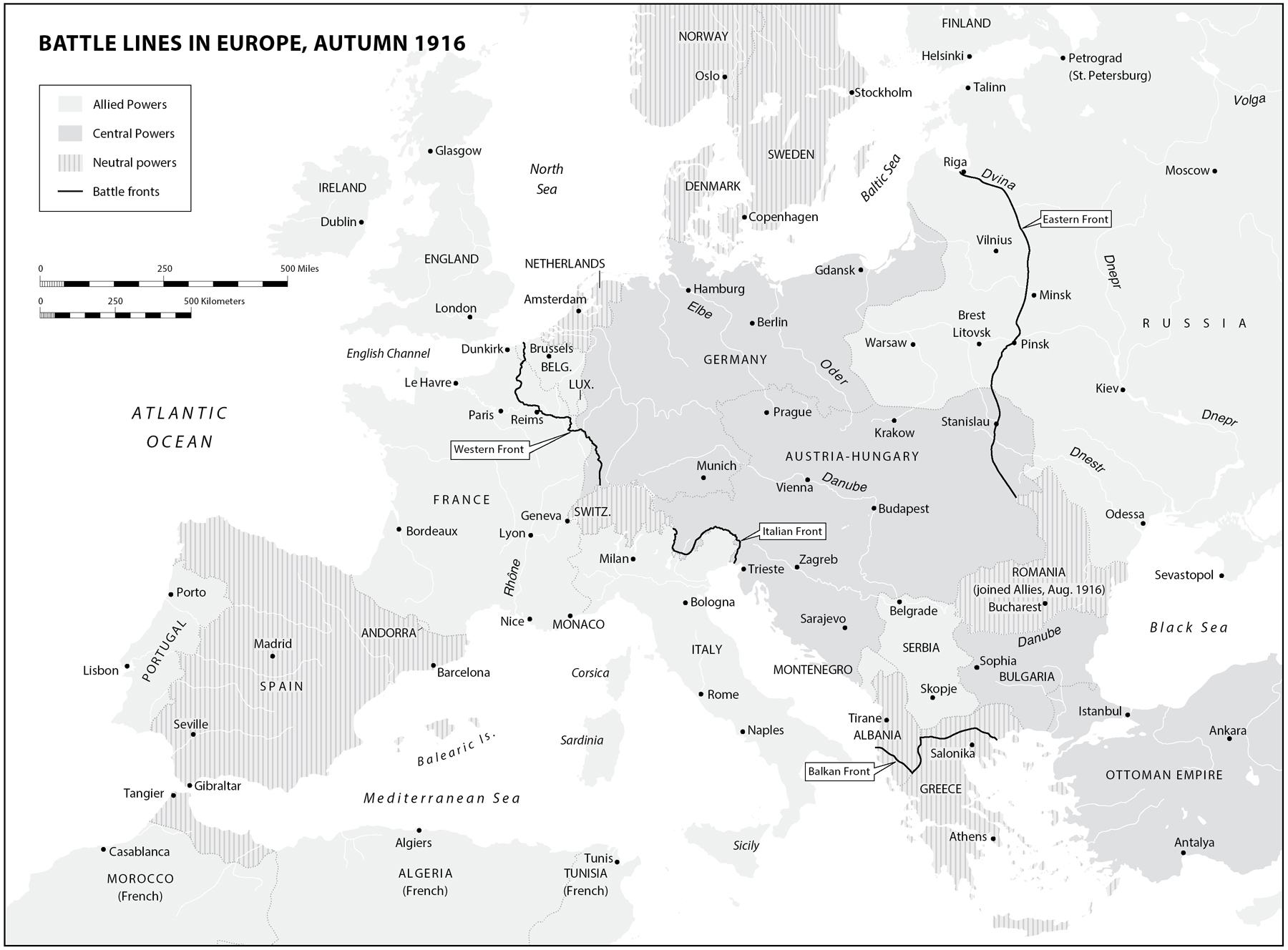
E DWARD T HOMAS COULD NOT decide what to do. An emerging poet, Thomas, thirty-seven years old in the summer of 1915, was balancing his time between literary London and the home he loved in the beautiful Hampshire countryside of southern England. Married, with children, he had not yet been conscripted into the war that was already taking so many of his countrys young men.
Thomas was torn. Should he enlist, join the war, and serve his country at the front? Or should he leave it all far behind and go to America?
Thomas had a real offer of refuge in America. His friend and soulmate, a fellow poet named Robert Frost, had gone back to his beloved farmlands of New Hampshire. Come join me, Frost had offered.
Frost and Thomas had become friends when Frost had moved to England in 1912, hoping that there he might make an impression with his work. Over many visits together, the two men had encouraged each others writing, each others dreams. They often took long walks through the woods, relishing the outdoors. Thomas and I had become so inseparable, Frost recalled, that we came to be looked on as some sort of literary Siamese twins.
Earlier in 1915, Frost and his wife, Elinor, had returned to America. With them, Edward Thomas sent his eldest child, his fifteen-year-old son. Thomas had an open invitation to come along too.
So, now, Thomas faced his choice: Should he join up and go to war or seek peace with his American friend? Thomas had often talked to Frost
Frost replied by sending his friend a draft poem. He called it The Road Not Taken.
Two roads diverged in a yellow wood,
And sorry I could not travel both
And be one traveler, long I stood
And looked down one as far as I could
To where it bent in the undergrowth;
Then took the other, as just as fair,
And having perhaps the better claim,
Because it was grassy and wanted wear;
Though as for that the passing there
Had worn them really about the same,
And both that morning equally lay
In leaves no step had trodden black.
Oh, I kept the first for another day!
Yet knowing how way leads on to way,
I doubted if I should ever come back.
I shall be telling this with a sigh
Somewhere ages and ages hence:
Two roads diverged in a wood, and I
I took the one less traveled by,
And that has made all the difference.
Thomas took the message of the poem very personally. He was hurt by it. He felt Frost was accusing him of dithering and that the accusation was unfair. Its all very well for you poets in a yellow wood to say you choose, but you dont.
Frost wrote back, assuring his friend that he was only teasing: Methinks you strikest too hard in so small a matter. the sigh was a mock sigh, hypocritical for the fun of the thing.
Thomas was unconvinced. You have got me again over the Path not taken & no mistake.
A week later, he wrote to Frost to say that now his mind was made up. Last week I had screwed myself up to the point of believing I should come out to America & lecture if anyone wanted me to. But I have altered my mind. I am going to enlist on Wednesday if the doctor will pass me.
The doctor did pass him. After training, Thomas reported for duty to become an officer in the Royal Artillery. The date was August 25, 1916.
When Thomas took on his commission, the Great War had been under way for two years. The summer of 1916 had been the most monstrous yet. Already that seasons gigantic concussions had passed into the common vocabulary; one needed only to say Verdun or the Somme. No one in Europe had ever lived through such a war. It had passed well beyond any known experience.
Earlier, in 1916, Thomas wrote a poem that closed with the words
Now all roads lead to France
And heavy is the tread
Of the living; but the dead
Returning lightly dance.
If they danced lightly in memory, the collective tread of the lost millions was heavy enough in the consciousness of the living. By August 1916, with no end to it in sight, all the leaders of the warring powers, at least in private, confronted the scale and cost of the slaughter, the unremitting hardship weighing on their societies.
Like Edward Thomas, the leaders also faced a fateful choice. They too looked out at two divergent roads. Down one path was ever more war. The other, perhaps, led to peace.
As they looked down the war path, no good military options were left. Money, food, munitions, and people were running short.
Yet the road to peace seemed daunting too. How to get there? How to take the first steps?
Exhausted nations, drummed onward by patriotic duty, sought meaning from their appalling sacrifices. Bureaucrats wrote papers speculating about annexing this or that strip of land. But to some of the leaders, on both sides, such aims seemed banal, almost trivial, in relation to the scale of what was being sacrificed. Was anything, beyond defense of home and country, worth all this? Yet, if they had doubts, how could they acknowledge them? What could they say? How could they be the first to go before their suffering people and offer to end the war without a heroic conclusion?
Font size:
Interval:
Bookmark:
Similar books «The Road Less Traveled»
Look at similar books to The Road Less Traveled. We have selected literature similar in name and meaning in the hope of providing readers with more options to find new, interesting, not yet read works.
Discussion, reviews of the book The Road Less Traveled and just readers' own opinions. Leave your comments, write what you think about the work, its meaning or the main characters. Specify what exactly you liked and what you didn't like, and why you think so.

